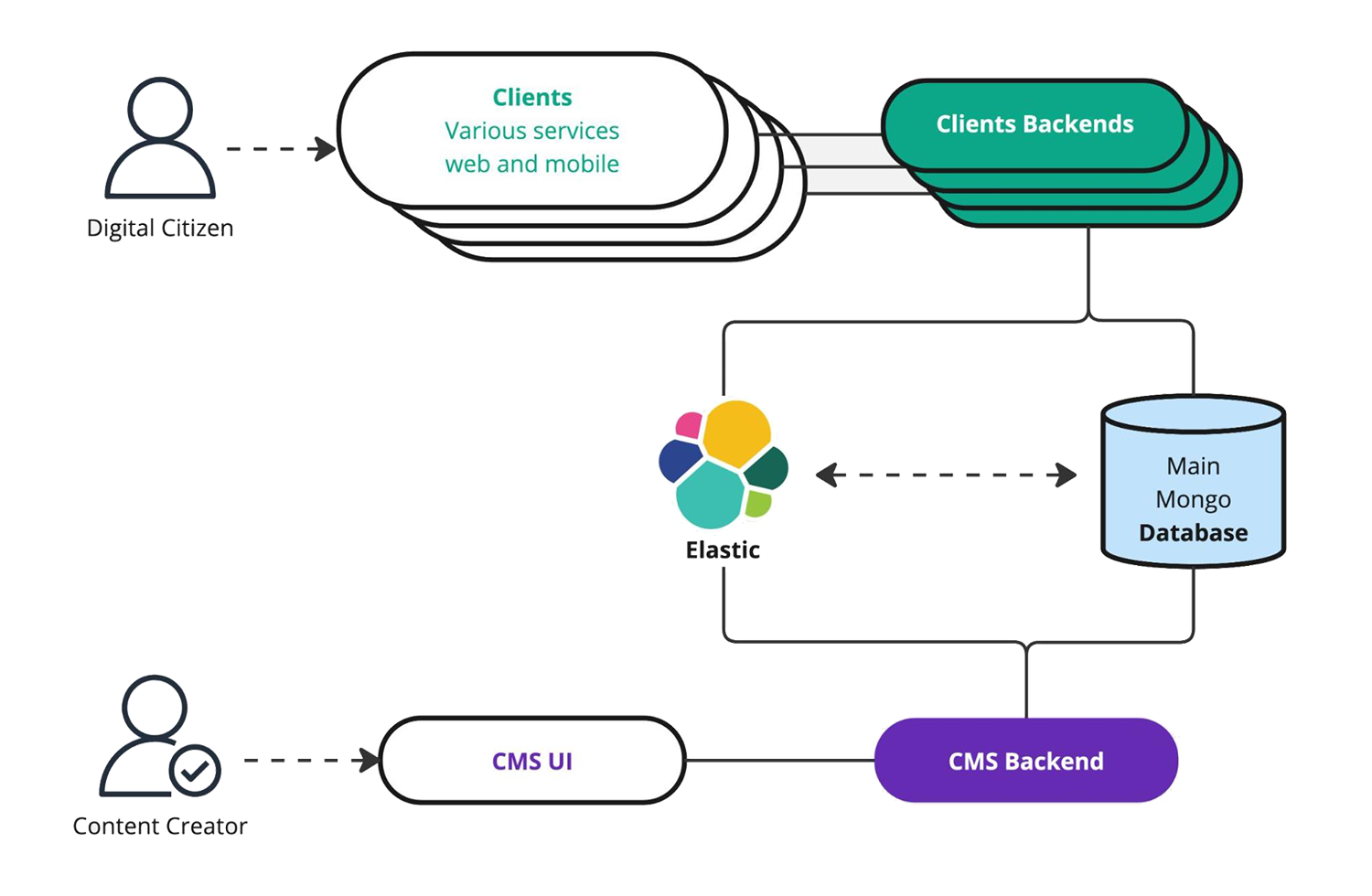Increases performance by 200%
With Elasticsearch, Radio-Canada boosted search performance, including indexing and search speed, by 200%.
Significantly reduces operational costs
With Elasticsearch running on Microsoft Azure, Radio-Canada significantly reduced operational costs.
Limits switchover time to just two hours
Radio-Canada completed a complex switchover from the previous environment to Elasticsearch running on Azure in just two hours.

Radio-Canada enhances end-user search experiences and streamlines content management with Elasticsearch
Radio-Canada is the national French language digital media service of the Canadian Broadcasting Corporation. Offering a wide range of streaming services, it provides news, entertainment, music, and sports programming, including the Olympics.
With competition in the streaming sector greater than ever, Elastic's Search solution, running on the Elasticsearch platform, is fundamental to Radio-Canada's success. Elasticsearch plays a critical role within the entirety of the organization's digital publishing ecosystem and enables millions of consumers to quickly find their favorite programming.
Frederic Landry, Technical Manager, Radio-Canada, is part of a team of 300 people responsible for Radio-Canada's digital media infrastructure. "We chose Elastic for our two main media databases: an archive that dates back to 1996 and current media including audio, news, and other digital content."
"Elasticsearch emerged as the ideal solution, offering efficient and customizable search capabilities across our extensive content catalog."
Radio-Canada first adopted the Elasticsearch platform in 2015. As development projects progressed, other teams discovered its benefits, leading to the creation of two separate instances of the solution. To improve performance and cost management, Radio-Canada decided to migrate both instances to its principal cloud computing platform, Microsoft Azure.
This project faced two main challenges: avoiding downtime for Radio-Canada's audience that consumes content 24/7 and minimizing disruption across numerous production teams that all have busy schedules. Elastic provided valuable assistance throughout the project from planning to deployment. "Planning the switchover was a significant challenge," says Landry. "Elastic devised a solution that was easy to test before deployment, could be permanently integrated into our architecture for future changes, and only caused minor, user-invisible downtime during implementation."
This approach also simplified task separation between DevOps and project teams, significantly reducing the need for manual coordination during the migration. In the end, the go-live process took just two hours.
"By migrating Elasticsearch to Microsoft Azure and using updated clients and server versions, we’ve seen a 200% gain in performance including speed of indexing and search response times."
Consolidating Elasticsearch on Microsoft Azure reduced costs and increased the overall competitiveness of the business. These benefits are likely to increase given the widening use of Elasticsearch across the organization. "Our success has already attracted attention from other departments within Radio-Canada, including English-language services," says Landry.

At the heart of internal and external content fetching
Elasticsearch is now at the heart of Radio-Canada's internal and external search strategy. Internally, it ensures content searchability and proper organization of the content management system. "This functionality is essential for almost every internal listing page," says Landry.
Externally, Elasticsearch supports the transition toward a more user-centric website that delivers personalized content based on preferences. "Elasticsearch classification and search query refinements are vital to presenting our users with customized content," says Landry.

He also highlights the exceptional support offered by the Elastic team throughout the migration project. "Our collaboration with Elastic was truly exceptional, extending beyond the technical aspects to the sales team as well," says Landry. "Our procurement people consistently praised the quality of communication and discussions with Elastic."
Elastic technical support was equally invaluable. "When the team encountered questions or needed to test theories, they were able to reach out and receive prompt responses," says Landry. "This contributed to a more tailored and successful result compared with an off-the-shelf solution."
Accessibility and AI
In the future, Landry is looking for opportunities to include Elasticsearch AI features that further increase efficiency. One scenario involves using AI to automatically generate documentation that describes the usage of Radio-Canada’s database and search engine. "The ability to output concise documentation based on actual usage patterns eliminates the need for lengthy user experience (UX) documents and forms," says Landry.
Improving accessibility is another goal. "The future is all about making things available to everyone," says Landry. This includes people with disabilities, those from different backgrounds, or those who speak another language. Landry sees a role for Elasticsearch in this mission providing unbiased, comprehensive search results that match the user’s intent. "We want to create opportunities for everyone. That's the philosophy behind our vision for the future."
